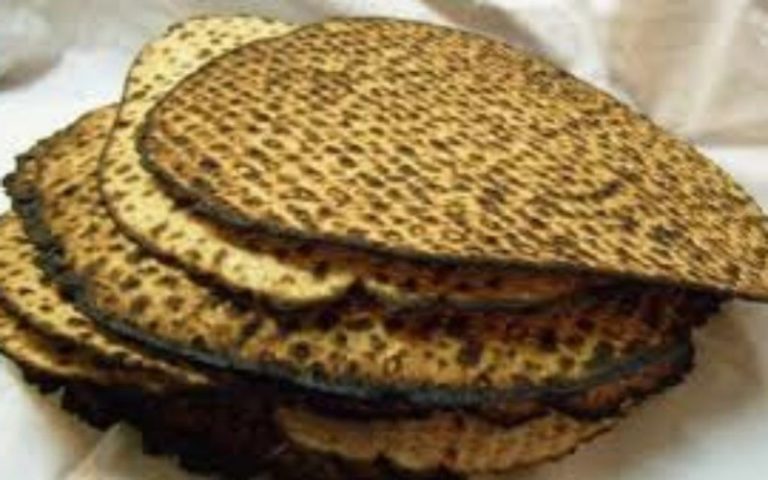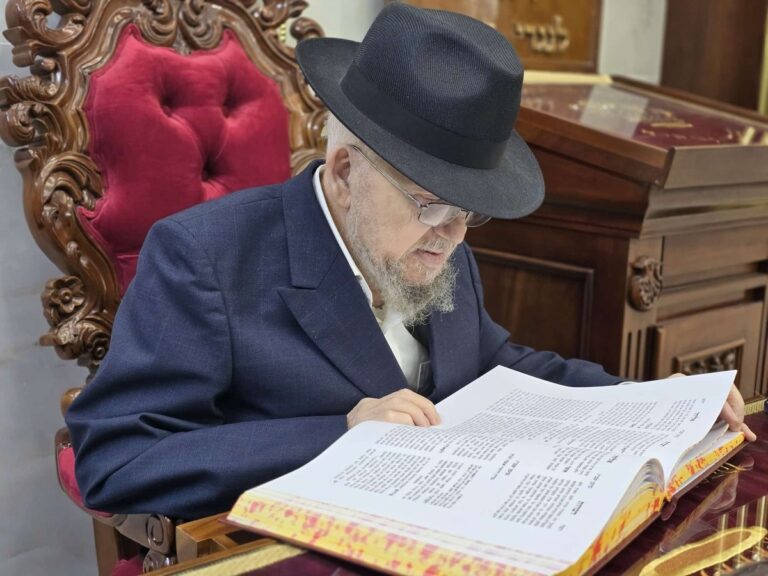In the early 2000s, Jewish travelers preparing for Sukkot faced an unexpected and frustrating obstacle: many had their lulavim and esrogim confiscated at border posts. These essential ritual items, used for the arba minim mitzvah, were being seized by border authorities unfamiliar with their religious significance. For the Jewish community, this created serious concerns, especially for those crossing international borders to observe the holiday.
Recognizing the growing number of complaints and the severity of the issue, the Jewish Community Council of Montreal (Vaad Ha’ir) decided to take decisive action. Rabbi Saul Emanuel, executive director of the Vaad, spearheaded the effort to resolve this issue and ensure that future travelers would not have to face the same challenges.
### The Initiative: Meeting with Homeland Security
At the time, Homeland Security was a newly formed department, open to reforming policies. Rabbi Emanuel flew to Washington, D.C., to explain the situation in depth to top officials in the U.S. Department of Homeland Security and U.S. Customs and Border Protection.

During these meetings, Rabbi Emanuel provided officials with a crash course on the significance of the lulav and esrog. He explained how Jewish families go to great lengths to purchase these items, often traveling to specific markets and spending significant amounts of money. The importance of these ritual objects to the Sukkot holiday was made clear, and Homeland Security quickly understood that confiscating them caused unnecessary distress for travelers.
### New Guidelines: A Breakthrough for Jewish Travelers
In 2003, after extensive collaboration between the Vaad and Homeland Security, a new set of guidelines was established. These guidelines were designed to ensure that lulavim and esrogim would no longer be seized at border crossings, and that border agents would be fully informed about their significance.
The guidelines outlined the following key procedures:
– Agriculture specialists at border posts were educated about the ritual use of the lulav and esrog for Sukkot.
– Travelers were advised to declare their arba minim (lulav, esrog, hadasim, and aravot) when crossing the border.
– Border agents were allowed to inspect the items, but travelers could unwrap and handle their arba minim themselves to ensure that they were treated with care.
– In most cases, the items would be released without issue.
These new guidelines were a game-changer. Jewish travelers could now cross borders without fear of losing their religious items. The smooth process also meant that the ritual objects could be handled with the appropriate respect and sensitivity, in line with their religious significance.
Continued Success and Ongoing Collaboration
Since the introduction of these guidelines in 2003, there have been no reported incidents of lulavim or esrogim being confiscated at U.S. or Canadian borders. The process has become so well-established that it now runs smoothly every year, helping countless Jewish families celebrate Sukkot without disruption.
Rabbi Emanuel continues to meet with border officials annually, both in the U.S. and Canada, to ensure that the guidelines remain in place and that agents are properly briefed ahead of the holiday. Each year, he informs them of the Sukkot calendar and the expected increase in traffic during peak travel days. This ensures that border agents are prepared to handle the influx of travelers and are aware of the importance of the lulav and esrog.

The success of this initiative is a testament to the power of proactive communication and collaboration. By maintaining a strong working relationship with border agencies, the Jewish Community Council of Montreal has been able to resolve what was once a major headache for Sukkot travelers. Thanks to these efforts, the community now enjoys a smoother, more respectful experience when crossing borders during the holiday season.











